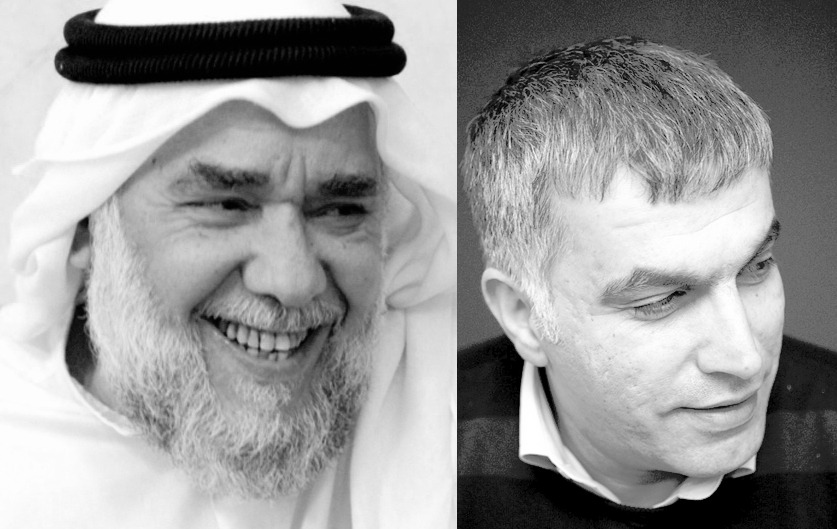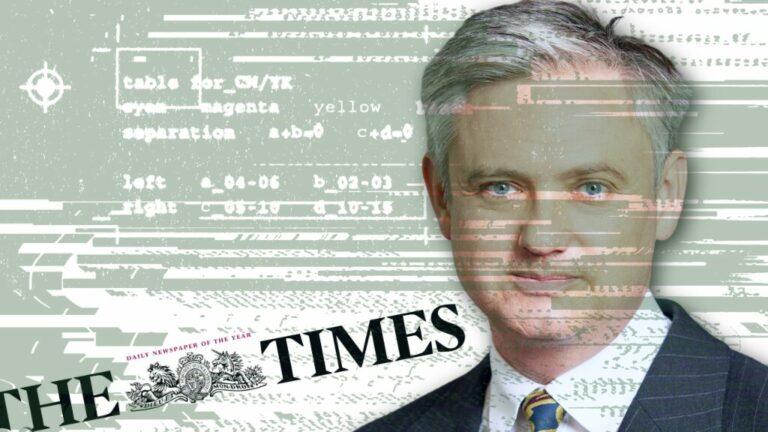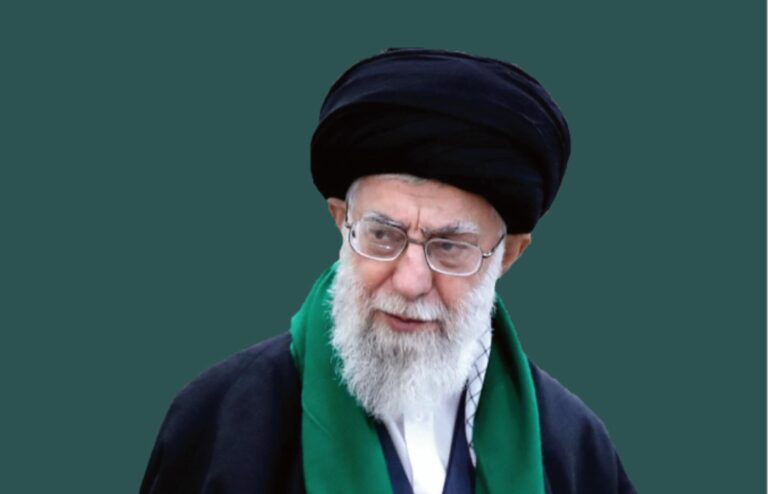Contents
1. Summary
2. Background
3. Action required
4. Sample letter
1. Summary
Leader of the Haq Movement Hassan Mushaima has still been denied the treatment he requires to prevent a recurrence of his cancer. The violation of his basic rights to healthcare has taken place in a context where Nabeel Rajab, president of the Bahrain Center for Human Rights, has also been severely beaten by security forces.
Write your letters and emails to the foreign minister of your country; and the UN High Comissioner for Human Rights Navanethem Pillay.
2. Background
The life of the leader of Bahrain’s Haq Movement, Hassan Mushaima, continues to be under threat as the regime persists in denying him the basic health treatment that he requires whilst imprisoned.
Mushaima, 64, has since his imprisonment in June 2011 for taking part in political demonstrations been prevented from having access to the treatment he requires to prevent the recurrence of his cancer.
The opposition leader was successfully treated for cancer at the Royal Marsden hospital in London in 2010, but still requires regular treatment to prevent the disease from returning.
Hassan has notified his family that he is still being taken regularly whilst blindfolded to unknown locations, and forcibly injected with an unidentified substance. His health has deteriorated even further since IHRC first campaigned on this issue in October 2011. Hassan has worryingly complained that the symptoms of his cancer have returned.
The poor treatment of Hassan Mushaima has persisted in a context where Nabeel Rajab – president of the Bahrain Center for Human Rights – was severely beaten by security forces at a demonstration in Manama on 6 January 2012. As the peaceful demonstration was dispersed by riot police, Nabeel was surrounded policemen and beaten to the ground. He suffered injuries to his back and face.
While the Bahraini regime is trying its utmost to convince the West that it is observing the rule of law and listening to the demands of its people, these instances highlight the utter hypocrisy lying beneath their promises of reform. The regime continues to both openly and clandestinely repress its people.
3. Action Required
IHRC requests that its campaigners and supporters to write letters and emails to their country’s foreign minister, and the UN High Comissioner for Human Rights Navanethem Pillay. Demand that the Bahraini regime cease persecuting and abusing activists like Hassan Mushaima and Nabeel Rajab, and that the security forces cease to attack the Bahraini people as they demand justice.
4. Sample letter
——————————————————————————————
A sample letter is given below for your convenience. Please note that model letters can be sent directly or adjusted as necessary to include further details. If you receive a reply to the letter you send, we request you to send a copy of the letter you sent and the reply you received to IHRC. This is very important as it helps IHRC to monitor the situation with regards to our campaigns and to improve upon the current model letters. It is preferable that letters be sent via post, or otherwise by fax and/or email.
——————————————————————————————
a) Minister of foreign affairs in your country. (UK campaigners can write using the address supplied below, fax: +44 (0)20 7839 2417 or email: private.office@fco.gov.uk)
[Your name]
[Your address]
Rt Hon. William Hague MP,
Foreign & Commonwealth Office,
King Charles Street,
London,
SW1A 2AH,
United Kingdom.
[Date]
Dear Mr Hague,
Re: Denial of cancer treatment to Hassan Mushaima, and the brutal beating of Nabeel Rajab by security forces
I would like to bring to your attention the campaign of intimidation and maltreatment of Hassan Mushaima by the Bahraini prison authorities, which has persisted since June of 2011.
Hassan Mushaima is the leader of the Haq Movement in Bahrain. He was sentenced by a military court in June to life imprisonment, along with 13 other activists who received sentences which varied between life and 2 years. He was imprisoned for leading and taking part in the country’s mass demonstrations against the Bahraini regime in the spring.
Since being imprisoned, Hassan has been denied the basic treatment that he requires to prevent his cancer from recurring. He was put on this course of treatment in 2010 by medical experts at the Royal Marsden hospital in London, having had his cancer successfully treated.
According to his family, the 64 year old opposition leader is in particularly frail health due to being neglected and maltreated while in prison. His family is concerned that if he does not receive his cancer treatment in this particular state, it will increase the risk of his cancer returning and spreading in his body.
The family of Hassan Mushaima has also raised concerns about what can only be regarded as suspicious and abnormal treatment given to him by the prison authorities. This includes being blindfolded and taken to be forcibly injected with substances that remain unknown, as the prison’s hospital ward has refused to disclose this information to Mushaima’s lawyers. This has in particular become a standard practise when dealing with Hassan, who has complained of being blindfolded and forcibly injected since prior to when these matters were first raised by human rights groups in October 2011.
The unjust treatment of Hassan Mushaima by the Bahraini prison authorities has been mirrored by the regime security forces’ attack on Nabeel Rajab on 6 January 2012. Nabeel is the president of the Bahrain Center for Human Rights, and was severely beaten by riot police as he attended a peaceful demonstration against the regime in Manama. He suffered injuries to his face and back.
As the foreign minister, I demand that you do all that is in your power to put an end to the Bahraini regime’s repression of its people. As the oppressive nature of the regime grows in stature, it is an embarrassment that your country stands by as it terrorises Hassan Mushaima in prison, and brutalises in public a human rights activist like Nabeel Rajab.
I also demand that you press the Bahraini regime to order its prison authorities to disclose the substances that were forcibly injected into Hassan Mushaima, and have the matter investigated independently and transparently.
Do not be an accomplice to the regime’s silencing of its most influential opponents, and do not be fooled by their promises of “reform”.
Please respond in order to address these concerns.
Yours sincerely,
[Your signature]
[Your name]
b) UN High Commissioner for Human Rights, Navanethem Pillay
[Your name]
[Your address]
Navanethem Pillay
Office of the United Nations High Commissioner for Human Rights (OHCHR),
Palais des Nations,
CH-1211 Geneva 10,
Switzerland
[Date]
Dear Ms Navanethem Pillay,
Re: Denial of cancer treatment to Hassan Mushaima, and the brutal beating of Nabeel Rajab by security forces
I would like to bring to your attention the campaign of intimidation and maltreatment of Hassan Mushaima by the Bahraini prison authorities, which has persisted since June of 2011.
Hassan Mushaima is the leader of the Haq Movement in Bahrain. He was sentenced by a military court in June to life imprisonment, along with 13 other activists who received sentences which varied between life and 2 years. He was imprisoned for leading and taking part in the country’s mass demonstrations against the Bahraini regime in the spring.
Since being imprisoned, Hassan has been denied the basic treatment that he requires to prevent his cancer from recurring. He was put on this course of treatment in 2010 by medical experts at the Royal Marsden hospital in London, having had his cancer successfully treated.
According to his family, the 64 year old opposition leader is in particularly frail health due to being neglected and maltreated while in prison. His family is concerned that if he does not receive his cancer treatment in this particular state, it will increase the risk of his cancer returning and spreading in his body.
The family of Hassan Mushaima has also raised concerns about what can only be regarded as suspicious and abnormal treatment given to him by the prison authorities. This includes being blindfolded and taken to be forcibly injected with substances that remain unknown, as the prison’s hospital ward has refused to disclose this information to Mushaima’s lawyers. This has in particular become a standard practise when dealing with Hassan, who has complained of being blindfolded and forcibly injected since prior to when these matters were first raised by human rights groups in October 2011.
The unjust treatment of Hassan Mushaima by the Bahraini prison authorities has been mirrored by the regime security forces’ attack on Nabeel Rajab on 6 January 2012. Nabeel is the president of the Bahrain Center for Human Rights, and was severely beaten by riot police as he attended a peaceful demonstration against the regime in Manama. He suffered injuries to his face and back.
As the UN High Commissioner for Human Rights, I respectfully ask that use your influence to pressure the Bahraini regime to cease violating the basic rights of Hassan Mushaima by allowing him the cancer treatments that he requires. You must use your power to ensure that the intimidation of Hassan ends, and that he is given adequate care that he requires for his illnesses.
I also request that you press the Bahraini regime to order its prison authorities to disclose the substances that were forcibly injected into Hassan Mushaima, and have the matter investigated independently and transparently. I trust that you will remember your duties to a political prisoner like Hassan Mushaima, whose ill health is being used as a weapon by the Bahraini regime to intimidate its political opposition – and perhaps even worse – to silence its most influential opponents.
I also ask that you press for an immediate independent inquiry into the severe beating of Nabeel Rajab, and the conduct of the security forces in dispersing a protest which was clearly peaceful.
Do not be an accomplice to the regime’s silencing of its most influential opponents, and do not be fooled by their promises of “reform”.
I await eagerly for your response.
Yours sincerely,
[Your signature]
[Your name]
————————————————————————————————————
Please help IHRC by visiting https://www.ihrc.org.uk/catalog and making a donation or buying an item from our on-line store.
If you want to subscribe to the IHRC list please send an email to subscribe@ihrc.org
If you want to unsubscribe from the IHRC list please send an email from your subscribed email address to unsubscribe@ihrc.org
If you are reusing this alert, please cite the source.
For more information, please contact the office on the numbers or email below.
“And what reason have you that you should not fight in the way of Allah and of the weak among the men and the women and the children, (of) those who say: Our Lord! Cause us to go forth from this town, whose people are oppressors, and give us from Thee a guardian and give us from Thee a helper.”
Holy Qur’an: Chapter 4, Verse 75
Join the Struggle for Justice. Join IHRC.
Islamic Human Rights Commission
PO Box 598
Wembley
HA9 7XH
United Kingdom
Telephone (+44) 20 8904 4222
Fax (+44) 20 8904 5183
Email: info@ihrc.org
Web: www.ihrc.org
{jathumbnail off}







